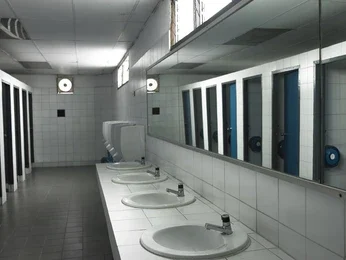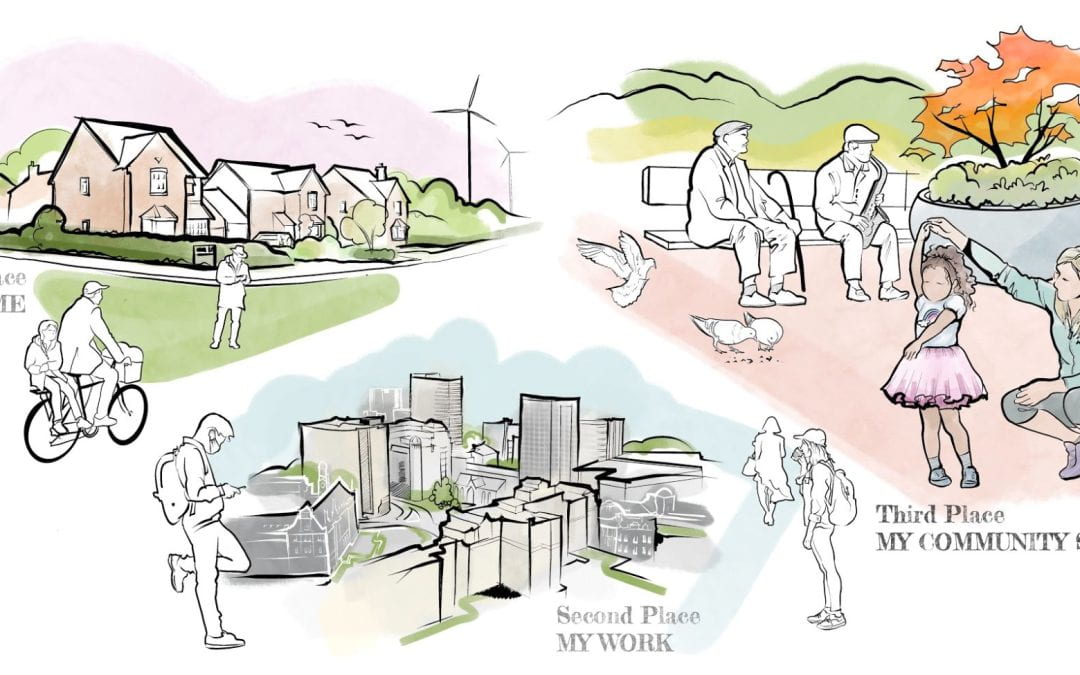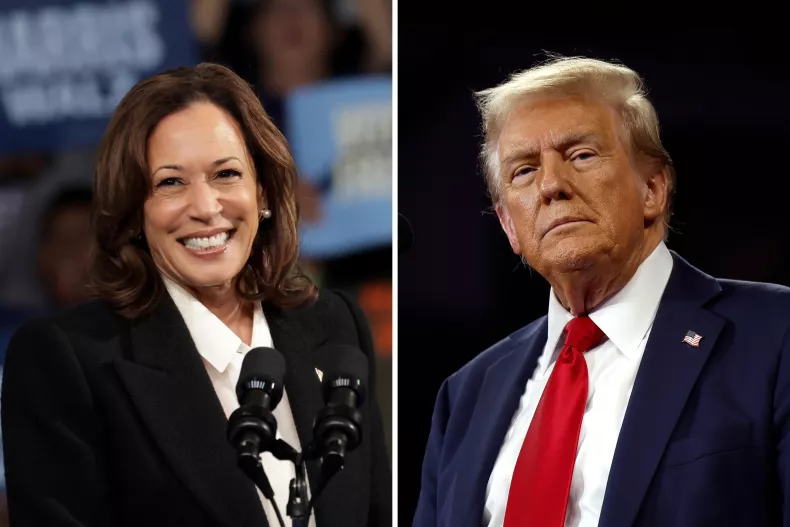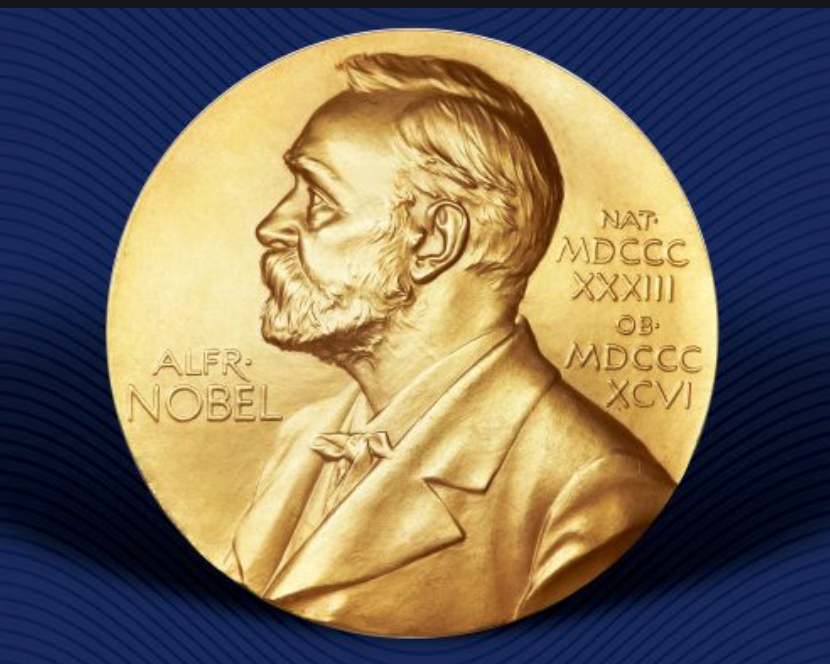The Extraordinary Career of Nobel Prize Winner Robert C. Merton: An Interview
October 12, 2020
Robert C. Merton, a 1997 Nobel Prize winner in economics and a Hastings graduate, took some time out of his busy academic life as a current professor at MIT to reflect on his childhood and our current economic situation amidst a pandemic.
Even though he would go on to win a Nobel Prize for his profound work in finance, which includes the Black-Scholes-Merton formula, he actually received his undergraduate degree in engineering, and published his first paper in English Literature, about how the society on the Island of Laputa in “Gulliver’s Travels” was set up to “crash to the ground.”
For Merton, his undergraduate experience at Columbia, was that “even for an engineer, you’re required to broaden your studies in the liberal arts and in the humanities…[Columbia] let me take as many courses as I wanted.” Merton ended up taking many graduate courses, and got a “very deep, very rich” education there.
He furthered this education at CalTech with a PhD in applied math, where he learned the value of “play”: “when you are a student and you are in class, by and large your education is passive; you learn and absorb things, but it’s [mostly] passive. If you’re going to do a PhD, you want to do research, and create something that never existed before, so that is a very different process. You have to actively participate in your field. And what I learned in CalTech was that they let their students play. So I spent a lot of time playing with the subject, something I didn’t know how to do [before].”
Although his teachers encouraged Merton to think creatively, he admits that his advisor thought he was “crazy” when he decided he wanted to shift from applied math to economics. Although Merton “loved using math and its elegance and power to solve things,” he realized at CalTech that he wanted to pursue economics instead. He believed economics had the power to “affect the lives of millions of people.”
It was at MIT and then Harvard that Merton produced some of his most famous research, but with each new academic environment one thing stayed the same: his passion for experimentation. Of his initial research with Paul Samuelson, Merton says, “I spent hours fooling around and trying to think about how to import temporal localizations. I found a lot of blind alleys, but I played with it.” As a graduate student at MIT, he was “fortunate to solve some interesting problems, challenges, and come up with some new things”—so here’s an interesting problem: How do you even begin to respond to a pandemic?
On the COVID-19 Crisis
Although it is near impossible to predict the exact nature of crises—such as the loss of life, amount of damage, and economic impact—one thing is for sure: “making radical financial decisions is never really a good idea.”
In response to COVID-19, Merton offers this: “We have enormous shocks as a result of being socially distanced and having to shut so many things down. When you have a shock of that magnitude, you don’t start working with long-term policies and you have to give people confidence. You want to minimize any long-term damage.”
Merton uses an analogy to describe the circumstances of this situation: “If you have a fire in the house, and the firemen come, their first order of business is to get all the people out safely. The second order of business is to get the fire out and try to preserve the property or the damage; and to do so sometimes they have to break windows and doors and do damage, but if that’s necessary then you do it.” After the fire is out and all of the people have been saved, rebuilding is necessary, but that rebuilding is in part because of the fire but it is also due to the damage done that was necessary in the moment to save people and stop the spread of the fire.
Merton adds: “There are times when we have to do things in the short-term which for a longer term policy we’re going to have to undo or correct.” Merton stresses the importance of not confusing “what has to be done in the immediacy of a crisis and what the priorities are in terms of short-term ways of dealing with crises. If you have the luxury of different ways of executing that short-term process then you try to do that with the least damage that will have to be repaired for the long term.”
However, these short-term policies often require reconstruction and money, and Merton clarified that: “the government is this institution that we have created as people to better organize the way we live our lives as a society,” and that the funding that many people expect the government to dish out “has to come from somewhere—and ultimately it has to come from the people.”
Understanding the Nobel Prize Winning Black-Scholes-Merton Model
The Black-Scholes-Merton model elucidates that a higher volatility, or an increased fluctuation and variance in a stock price, can drive the value of an option stock up. In a recession, the volatility of stocks go up, because volatility is the measurement of how far a current price deviates from mean past prices. Options are a way to trade the insurance of a stock, so if you were to insure a stock for a certain amount over a certain period of time, and that stock becomes more volatile, more risky, then the option is worth more.
The Black-Scholes-Merton formula is at play in our current economic state, as we are in a “very very volatile period,” and so the price of options is very high. Merton proposes the example of airline stocks to clarify this theory: “Let’s say that airline stocks had one volatility last year, just some level, and let’s say that it could cost a certain amount to ensure the cost of an airline’s stock. If that same airline stock is twice as volatile this year, it’s going to cost you a lot more to ensure that same value because it’s more risky.”
The volatility of airline stocks could be twice as volatile for multiple reasons: “First, [people] are looking at the future of earnings/the dividends that they can receive as shareholders, and those have gone down because people are not flying and because the economy is getting worse so [people] are not going to spend as much on airlines. Therefore, the profitability of the airline goes down, which is a reason why the airline stock would go down.”
“Secondly, because the airline stock should become more risky, the acquired expected return—how much shareholders are willing to earn and expect to earn in order to be willing to buy stocks—has gone up. This brings the value of the stock down, so those are two reasons why the stock would go down. However, to buy insurance on that stock, because it’s more risky, is worth more.”
Merton concludes: “If two stocks cost the same amount, but one has a higher volatility, then you will pay more on insurance for the stock that has the greater volatility…Right now option prices are very very high. So the fear index—the implied volatility for market price options—is very high as well. However, there is more than one input to the valuation of the option, such as interest rate as well as other terms.”
On Growing up in Hastings
Interestingly, Merton’s own childhood was in many ways shaped by a government response to a crisis.
When Sputnik was sent to space in 1957, there was a heightened sense of apprehension and concern in the United States, and a belief emerged that “somehow Russia had gotten way ahead of the US in science, math, and engineering.” As a result, the US government passed the National Defence Education Act, which aimed to support education, particularly in secondary highschools in the areas of math and science. Reflecting on this, Merton emphasized the importance and the benefits of “putting materials, resources, of the government at the level of schools—not just a handful of schools—my experience was not not special in the sense that somehow Hastings won a special award so it was treated as some kind of magnet school, it was available largely throughout the country. How much that helped me, I can never measure, but for sure it was a very important thing… it’s good fortune that the Russians put Sputnik up at the right time.”
In his high school career, Merton had “wonderful teachers” and was able to take many challenging courses such as Advanced Biology, Advanced Chemistry, as well as an advanced physics course created by MIT that was centered towards high school students, called PSSE. The teacher that taught PSSE, Don True, had even been paid to spend the summer at MIT before he taught Merton’s class, in order to learn how to teach this advanced course. In his four years of high school, Merton had also built in 5 years of math classes.
One of the most profound lessons that Merton learned from his mother in his childhood is one that he has carried with him throughout his life: “First show them that you can do it their way, so that you earn the right to do it your way.


















